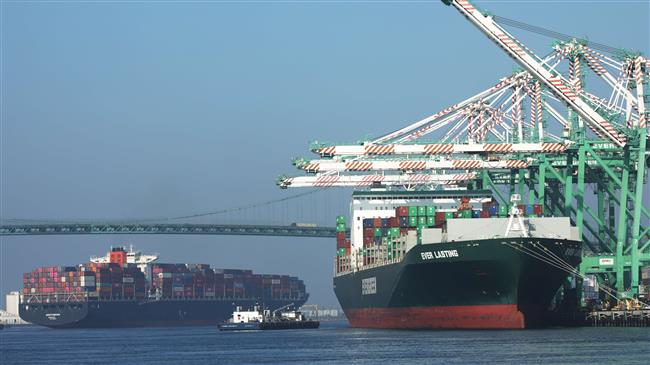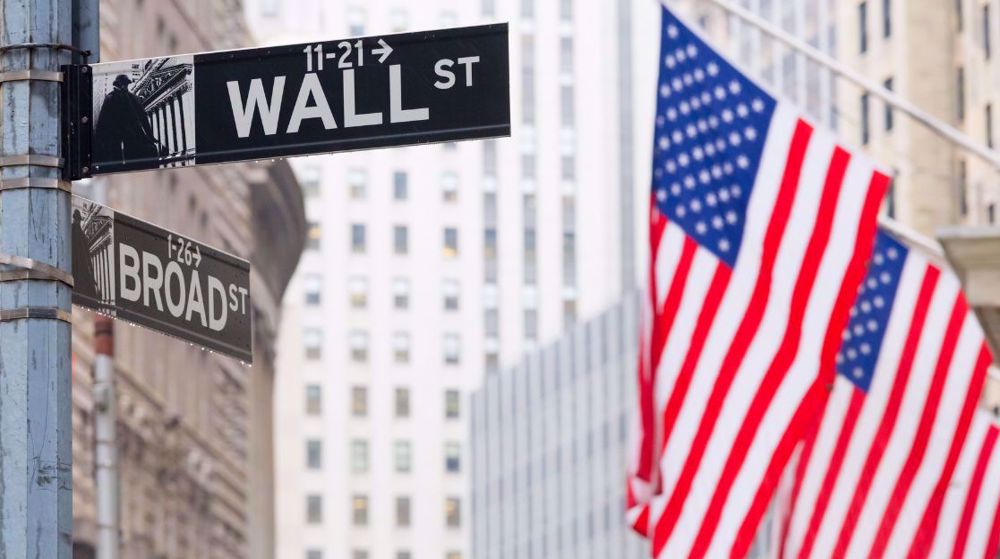Trump trade war threatens 1.5 million jobs in US: Study
The trade war between the US and China threatens nearly 1.5 million jobs across the United States that depend on the shipping of products through ports in the state of California, according to a new report.
Lost markets due to higher import costs pose a risk to $186 billion in annual merchandise trade through the ports near Los Angeles, California, and will burden consumers with billions of dollars in price increases, according to the study released Tuesday by the Port of Los Angeles, which is heavily reliant on trade with China.
“Some regions and industries are already feeling the pain and the damage to jobs, income and tax revenue could be crippling down the road," Gene Seroka, executive director of the Port of Los Angeles, said in a statement.
America’s largest container port complex, including the ports of Los Angeles and Long Beach, handles $380 billion in two-way cargo, with China accounting for 54 percent of imports and 29 percent of exports, according to the study.
The report, which coincided with an address on trade by President Donald Trump on Tuesday, clearly contradicts the White House's message in recent months that the United States is easily withstanding Trump's commercial conflict.
The United States and China have so far slapped tariffs on almost a half-trillion dollars in two-way trade.
Some economists warn the trade war has begun to affect the global economy, which is already suffering a general slowdown.
For many US policymakers, an economic slowdown has been a price worth paying to try to force changes in China’s economic policies and counter the country’s rapid economic rise.
Since early 2018, the United States has pursued a deliberate policy of attempting to hurt China’s economy in response to concerns about the shifting balance of economic power and unfair trade practices.
The narrow, publicly stated goal has been to force China to change its industrial policies, including subsidies, state-directed lending, market access and intellectual property protection.
However, the broader strategic aim of the US has been to restrain China’s growth and shore up the current US-led global balance of power.
Jan. 8: ‘Axis of Resistance’ operations against Israeli occupation
VIDEO | Humanitarian aid convoy reaches Parachinar amid rising crisis
VIDEO | Press TV's news headlines
VIDEO | US miscalculations about Iran
Israel scuttles UN ‘rape’ probe fearing investigation into forces’ abuse of Palestinians
Israeli forces assault, strip Palestinian woman
Israeli army withholding info on forces amid intl. arrest fears
Iran, Turkey to resolve issue of stranded trucks soon: Minister











 This makes it easy to access the Press TV website
This makes it easy to access the Press TV website